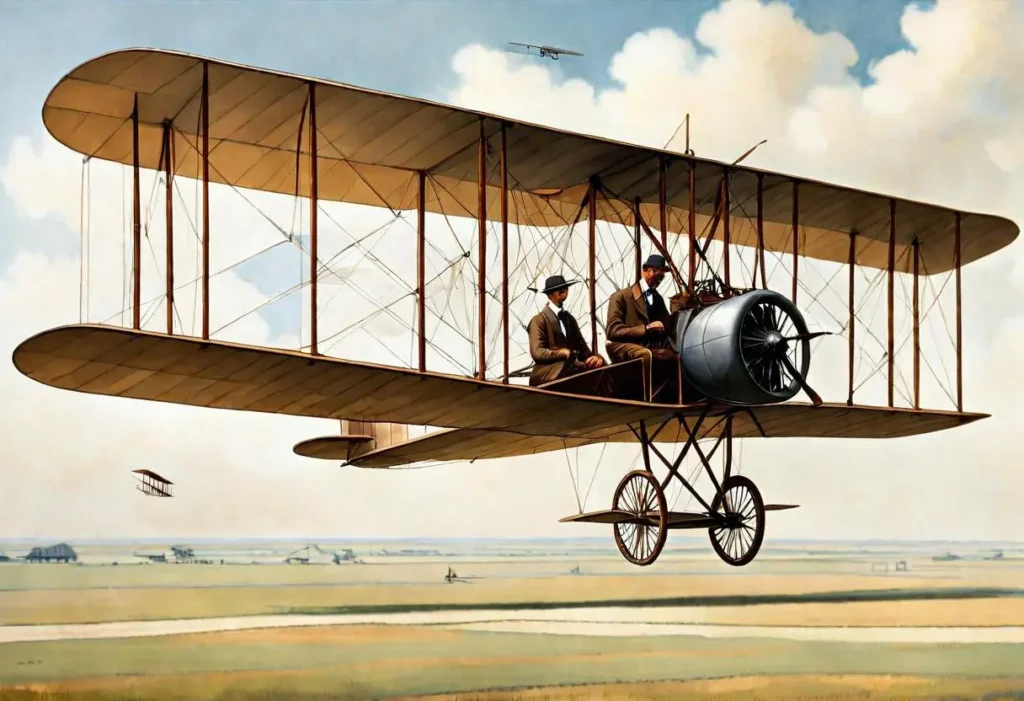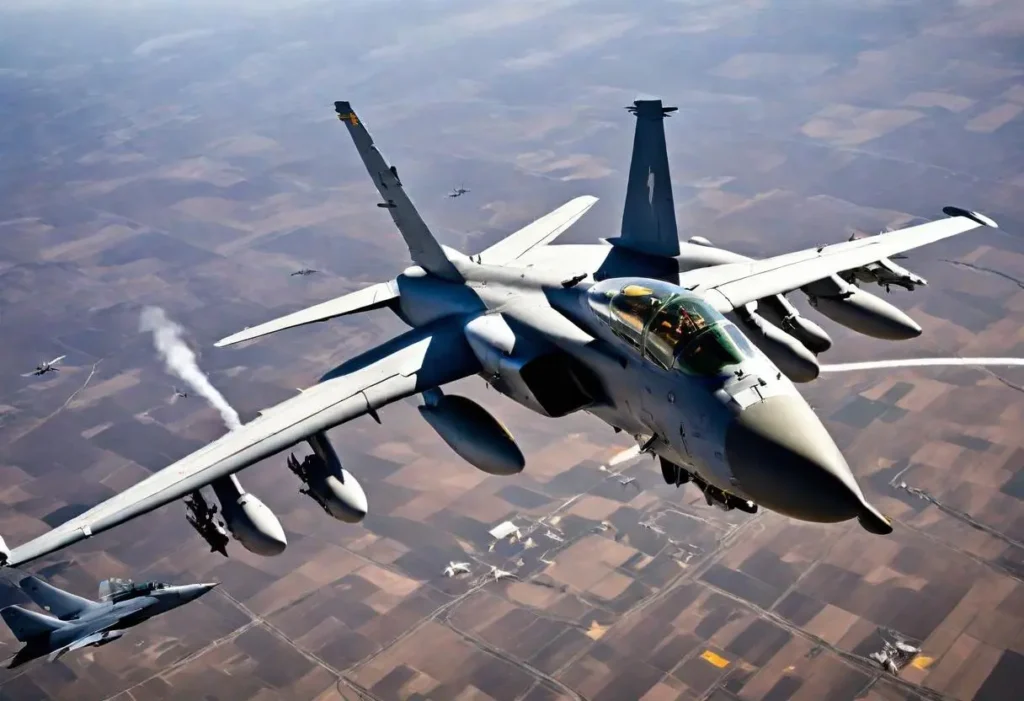What Is The Role of Engine Oil In Aircraft: Air travel is becoming increasingly popular as a convenient mode of transportation. As a result, there is a growing need for more efficient aircraft. The aviation industry is now focused on creating a sustainable future for air travel post-pandemic, which requires aircraft to be more cost-effective in both production and fuel consumption.
Aviation relies on the seamless coordination of various components to guarantee secure and smooth aircraft operations. One such component that holds immense importance is engine oil, which directly influences the performance and durability of aircraft engines. Recognizing the crucial role engine oil plays and comprehending its impact on aviation operations is of utmost importance for maintenance crews, pilots and aircraft owners alike.
What Is The Role of Engine Oil In Aircraft

Engine oil is like the superhero of an aircraft engine, performing a multitude of essential functions. It keeps everything running smoothly by providing lubrication, cooling down the engine, cleaning away any impurities, protecting against corrosion, reducing noise, and even ensuring the propeller operates flawlessly. Among all these important tasks, lubrication takes the crown as the most crucial one. Without oil, the engine’s moving parts would wear out in the blink of an eye.
Think of oil as a guardian angel for your engine, creating a protective layer that minimizes friction. It’s as if there are countless tiny ball bearings, each one smaller than a molecule, gracefully rolling between the engine’s moving parts. The size of these balls is carefully chosen based on the engine’s clearances, determining the ideal viscosity for the oil to guarantee a prolonged engine life. This remarkable oil must possess the ability to withstand high temperatures, pressure, and heavy loads.
Engine oil is not just a simple liquid – it has special characteristics like viscosity and additives that help keep your engine clean. By using the right oil with the correct viscosity, you can minimize friction losses in your engine. Factors like engine usage, temperature, climate, location, and design all play a role in determining the best oil type recommended by the manufacturer.
Types of Engine Oil in Aircraft
Choosing the right engine oil for aviation purposes requires careful consideration of the various types available and their specific uses. Let’s take a look at some of the commonly used engine oils in aircraft:
Turbine Engine Oil
Turbine oils are tailor-made for gas turbine engines, like the ones powering jet aircraft. These specialized oils are carefully crafted to endure the extreme temperatures and pressures that turbine engines face, all while delivering outstanding lubrication and cooling capabilities.
Synthetic Engine Oil
Synthetic engine oils are specially designed to deliver top-notch performance and long-lasting durability. They boast outstanding lubrication capabilities, maintaining effectiveness even in the most extreme temperatures, while also offering superior protection against wear and corrosion. These synthetic oils are widely utilized in today’s piston engines and turboprop aircraft.
Semi-Synthetic Engine Oil
Semi-synthetic oils blend mineral-based oil with synthetic additives, striking a harmonious balance between performance and affordability. By offering enhanced protection in comparison to mineral oils, they prove to be a cost-effective alternative to full synthetic options. These semi-synthetic oils are well-suited for a diverse range of aircraft engines.
Mineral-Based Engine Oil
Mineral-based oils, originating from crude oil, are commonly used in older piston-engine aircraft. Although they offer fundamental lubrication, they may not deliver the advanced performance and protection that synthetic oils provide.
Ashless Dispersant Engine Oil
Formulated without ash, dispersant oils are crafted to prevent the accumulation of engine sludge and deposits. Widely employed in high-performance piston engines, they deliver exceptional protection from corrosion and wear.
Roles of the Lubrication System in Aircraft Engine Oil


This function is responsible for recognising the value of various things, don’t you think? Hence, to truly grasp the importance of aircraft engine oils, it becomes essential to showcase the potential of the aircraft lubrication systems:
Friction and Wear Reduction
Friction and wear are no match for the power of lubricants in an aviation engine. The aircraft’s lubrication system takes on the important tasks of cooling, sealing, clearing, and combating corrosion and rust within the engine. While airplanes that are seldom used may not require extensive protection against rust and corrosion, it is vital for frequently flying aircraft to rely on top-notch aviation oils. These oils ensure the engine operates smoothly, avoiding any potential failures along the way.
Cooling Agent
It’s important to choose top-notch aviation oils for lubrication purposes. Oil acts as a medium for heat transfer, so selecting the right oil is key to keeping the engine cool and functioning properly.
Aircraft Engines Life Saver
Lubricants play a crucial role in extending the life expectancy of an aircraft engine. Opting for top-notch aviation oil such as SAF, biofuels, and more can significantly reduce the need for engine repairs. For high-demand aircraft, piston engines paired with lubricating oils extend aviation engine longevity effectively.
Final Overview
Engine oil is crucial for aviation maintenance and safety, ensuring smooth and reliable aircraft engine operation. Engine oils offer a wide range of benefits, including lubrication, cooling, and protection against corrosion. Recognizing engine oil’s importance and selecting the right type ensures top aviation safety and performance.


